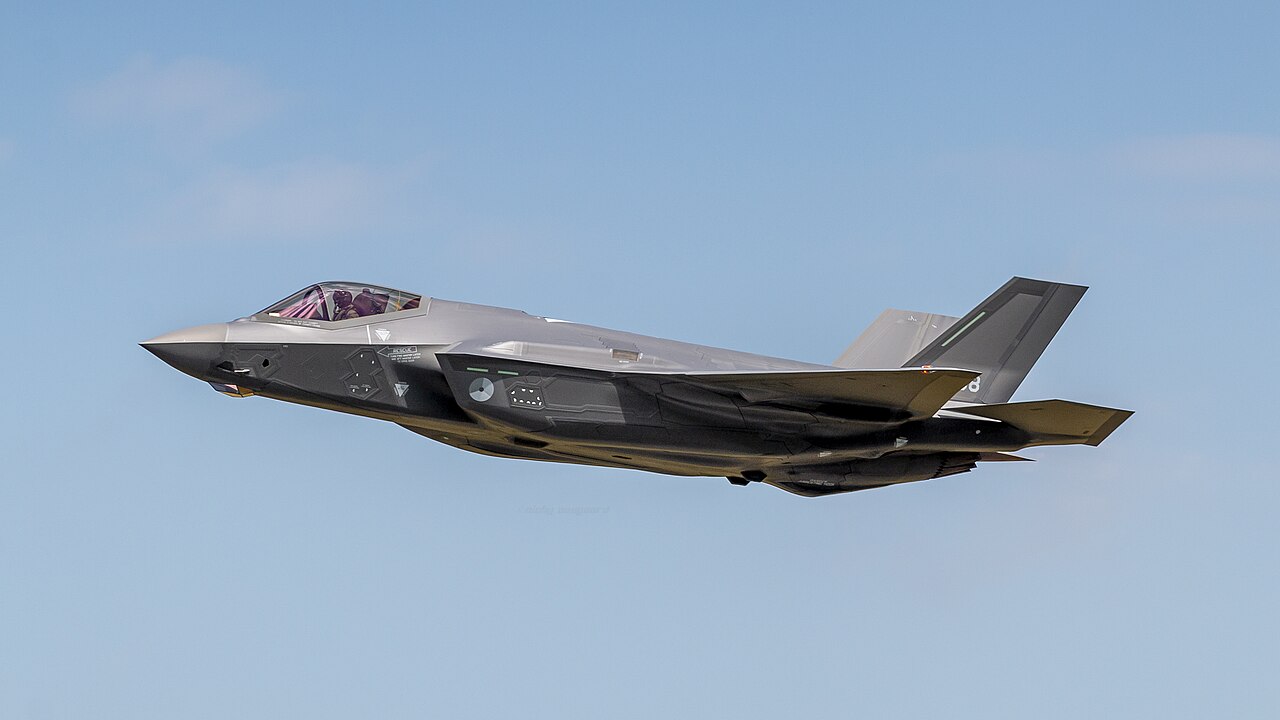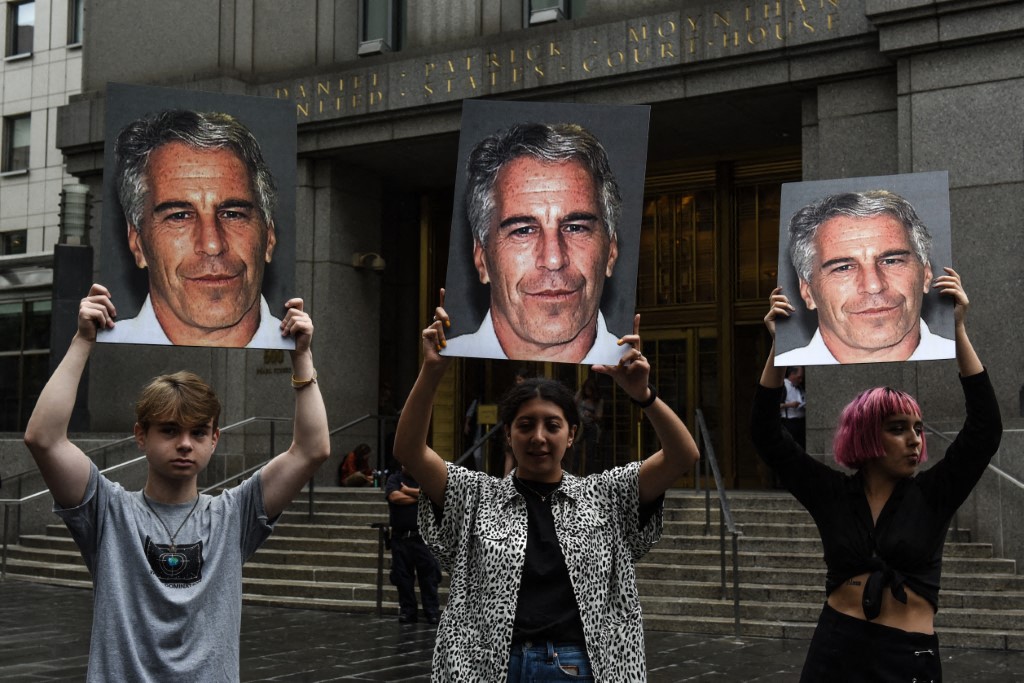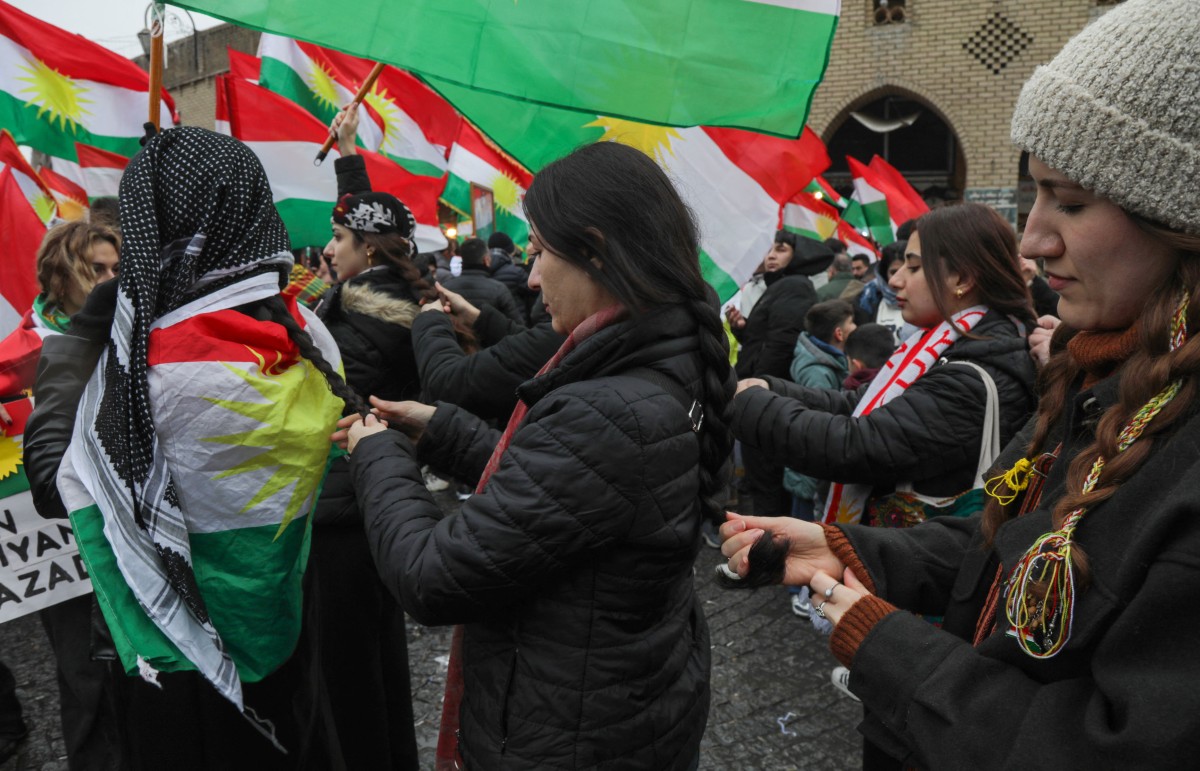Why Turkey Still Can’t Let Go of the F-35 Dream
Years after being cut from the program, Ankara’s quest for the stealth jet reveals its deeper struggle for status, security, geopolitical ambitions, and leverage within NATO.
On 25 September 2025, Turkish President Recep Tayyip Erdoğan met with U.S. President Donald Trump for a 2.5-hour discussion, marking their first White House meeting since 2019. The talks covered a $6 billion deal for 40 new F-16 jets and a modernization of Turkey’s existing fleet, Turkey’s mediation role in Gaza — followed by a successful ceasefire agreement —, and a commercial deal with Boeing involving 225 aircraft.
The primary issue in recent U.S.-Turkey relations, Turkey’s exclusion from the F-35 program due to its 2019 purchase of Russia’s S-400 system, was also discussed. To rejoin the program, Turkey proposed making the S-400 system inoperable by disabling certain components, but the U.S. imposed other conditions, including halting oil and gas imports from Russia. Despite Trump’s earlier hints that Countering America’s Adversaries Through Sanctions Act (CAATSA) sanctions could be lifted “almost immediately” if the meeting proved productive, progress on the sanctions and F-35 reinstatement remained largely symbolic, with no announcement of a roadmap to resolve these disputes as of 12 October 2025.
Why Turkey has been removed from the F-35 program
Turkey sought Patriot missiles in the 2000s, demanding technology transfer to strengthen its defense industry. The U.S. refused, offering only off-the-shelf systems. Frustrated, Ankara bought Russia’s S-400, prompting its 2019 expulsion from the F-35 program.
Turkey’s removal from the F-35 program stems from Ankara’s purchase of the Russian S-400 air defense system in 2017. Turkey is a NATO member and an important U.S. ally. So, why purchase a Russian system to begin with?
Erdoğan offered an explanation in 2019: “You rejected our request to buy Patriot missiles(…). We would like to purchase them, but you won’t sell. So what are we going to do? We will buy from whoever sells it.” Yet this does not tell the full story: Turkey was not merely seeking an off-the-shelf purchase, but also a technology transfer—something other long-standing U.S. allies, such as South Korea, are not granted.
Turkey’s interest in the Patriot system dates back to the early 2000s. Since the Cold War, Ankara’s foreign policy has shifted from Mustafa Kemal’s isolationist “peace at home, peace abroad” doctrine toward interventionism– first to preserve the neo-colonial regional status quo after the Gulf War, then, under the Justice and Development Party (AKP)’s Neo-Ottoman turn, toward militarized expansionism. This transformation went hand in hand with the rise of a domestic defense industry and capital groups tied to Erdoğan’s inner circle. As Turkey’s ambitions grew, it sought not only to buy weapons but also to secure military-technological autonomy that would signal its “promotion” within the global power hierarchy.
In 2009–2010, Turkey submitted its first formal Foreign Military Sales request for the Patriots, insisting on co-production and technology transfer. Washington, citing security and export restrictions, refused to provide technology transfer, instead offering only off-the-shelf systems.
The outbreak of the Syrian civil war in 2011 offered Ankara a convenient pretext of an imminent missile threat from Assad’s Scuds, yet negotiations stalled. Instead, NATO temporarily deployed Patriot batteries in Turkey between 2012 and 2015.
By 2012–2013, a frustrated Ankara opened an international tender for a Turkish Long-Range Air and Missile Defense System (T-LORAMIDS), inviting bids not only from NATO allies but also from China and Russia, fully aware this would alarm Washington. In 2013, Turkey selected China’s China Precision Machinery Import-Export Corporation (CPMIEC) offer, which included significant technology transfer and joint production. The decision shocked NATO, as CPMIEC was under U.S. sanctions for violating arms bans on Iran and North Korea.
Many observers believed Turkey’s intention was not to actually buy from China, but to force the U.S. to improve its Patriot offer to include technology transfer and more favorable terms. However, the U.S. and NATO stood firm, refusing to bend on technology transfer. Facing intense pressure, Ankara cancelled the Chinese deal in 2015.
But then came the 2016 failed coup attempt in Turkey, when some, including the former Interior Minister Süleyman Soylu, accused the U.S. of involvement—an allegation the U.S. rejected. Moreover, Russian President Putin’s timely call of support to Erdoğan at the time was contrasted with the perceived belatedness of the Western, particularly U.S., reaction to the coup attempt. This, combined with the fact that post-coup purges left Turkey’s air forces weakened, led Erdoğan to seek a reliable air defense option, hence the purchase of the S-400.
Aware of the anti-American sentiments tied to the perceived U.S. role in the coup attempt and the not-yet-materialized but potential shift of allegiance, the U.S. came up with a new Patriot offer in 2019, still an “off-the-shelf” purchase without technology transfer. By that time, however, the delivery of the Russian S-400s to Turkey had already begun.
The U.S. then expelled Ankara from the F-35 program on 17 July 2019, stating that “the F-35 cannot coexist with a Russian intelligence collection platform that will be used to learn about its advanced capabilities.”
What the F-35 means for Turkey’s strategic ambitions
Speaking to The Amargi on 11 October, Associate Professor İsmet Akça framed Turkey’s pursuit of the F-35 as more than a quest for advanced jets—it is, rather, about securing a place in the global security hierarchy. The F-35 boasts stealth capability and 360-degree scanning, making it a cornerstone of NATO’s modernization efforts. “It’s a fifth-generation aircraft(…). It doesn’t just evade detection; it sees everything around it,” Akça noted, explaining why the jet is critical for an aspiring regional power like Turkey.
According to Akça, Trump signaled a “yellow light” for Turkey’s hopes of resolving CAATSA sanctions and rejoining the F-35 program. Yet, he pointed out, the international system complicates Turkey’s goals. “We’re in a period where military power is used more intensely, and personal relationships between leaders like Trump or Erdoğan are becoming decisive,” he said, describing a “multi-polar world” where predictability has eroded. This volatile multi-polar world creates not only opportunities for middle powers like Turkey to maneuver but also risks. “Six months from now, no one knows where things will stand,” Akça warned, noting that the global order’s “slippery ground” makes outcomes uncertain.
Asked if Turkey might turn to non-NATO powers without F-35s, Akça stressed, “Turkey, ultimately, remains a NATO country,” with strategies and military infrastructure remaining deeply tied to the alliance, making a shift unlikely.
A diplomatic courting of two autocrats
Even if Erdoğan follows through on his promise to render the S-400 systems inoperable and to end or even reduce Russian energy imports, these compromises will come at a high cost, both domestically and internationally.
In the days following his meeting with Trump, Erdoğan faced persistent questions from Turkish media, particularly about the F-35 program. He responded with measured optimism, saying, “In our meeting with Mr. Trump, we received positive messages in this regard(…). We hope that in the end, both the F-35 issue is resolved and the CAATSA sanctions are lifted.” However, there are no official commitments to substantiate this optimism, leaving Erdoğan exposed to the perils of alignment. Even if he follows through on his promise to render the S-400 systems inoperable and to end or even reduce Russian energy imports, these compromises will come at a high cost, both domestically and internationally.
In foreign policy, strategic autonomy—coupled with military self-sufficiency—has long been central to Erdoğan’s political ambitions and one of his rallying cries. Walking away from the S-400 and curtailing trade with Russia will surely have a disruptive impact on his “balancing act.”
On the home front, Turkey’s deep inflation and cost-of-living crisis are already Erdoğan’s biggest hurdles with voters, and replacing affordable gas from a nearby neighbor with a more distant, expensive alternative might not seem reasonable to the electorate, regardless of any potential strategic gains for Turkey.
Serap Gunes
Serap Güneş is a freelance translator and writer based in Istanbul. She holds a PhD in International Relations and European Politics from Masaryk University, where her research focused on minority rights and EU–Turkey relations. Her work has appeared in both academic journals and independent media outlets.




